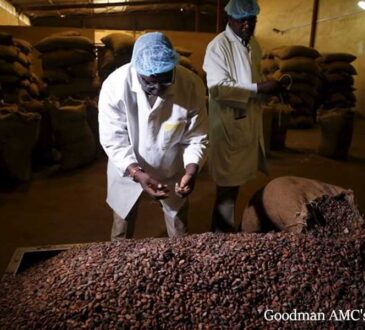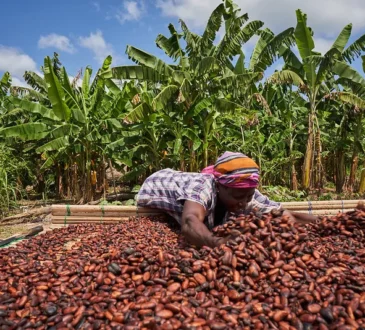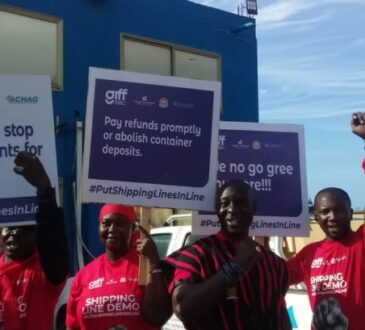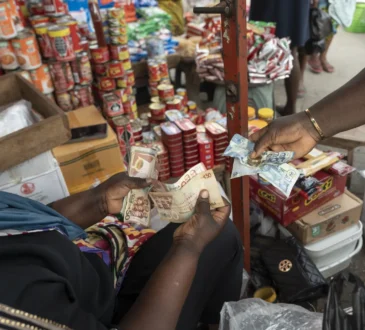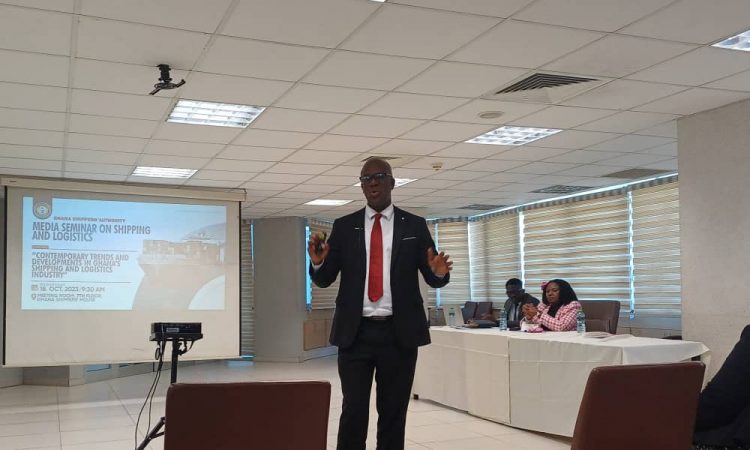
By Eugene Davis
Goods exporting under the Africa Continental Free Trade Area (AfCFTA) contents must be over 40% produced locally, Head of Exports for the Ghana Chamber of Commerce (GCC), Charles Arthur Ntiri, has disclosed.
Mr. Nitri urged the business community that anything short of this requirement under the AfCTA, is deemed as fraud, and such products would not be disqualified.
He was speaking at the media seminar on shipping and logistics organised by the Shippers’ Authority under the theme: “contemporary trends and development in Ghana’s shipping and logistics industry,” held in Accra last Thursday.
Mr. Ntiri explained that manipulation of the manufacturing or production process to change the origin of goods by making minor modification or minimal processing in a different way to claim preferential treatment based on altered origin is fraud.
“The volume that should be substantial. It must be more than 40. We have a way of calculating the value added, and when it is above 40%, you qualify but when it is not, you become part of origin fraud,” he emphasized.
He contended that implications can also result in revenue losses, unfair competition as well as attraction of legal consequences.
According to him, originality of products under the AfCTA is very paramount and urged the public to abstain from origin fraud practices such as false documentation, transhipment and tariff engineering.
So far, the GCC has approved 98 certificates applications under AfCFTA for 55 registered companies, and these registrations are renewed every two years.
He said the GCC approves a certificate per a consignment but has not recorded any attempts by traders to short-change the system.
Mr. Ntiri facilitated the seminar on the topic of certification of origin under the AfCFTA, which is to check proof origin, tariff determination and compliance with the trade agreement.
The inter-continental trade agreement provides an incentive of 6% year-on-year discount on port charges for Pan-African goods.
Businesses hoping to take advantage of AfCFTA were urged to visit the GCC website and register.
Gertrude Adwoa Ohene-Asiemin treated the topic: “Payment of marine cargo insurance locally – Benefits to the shipper and Ghanaian economy.”
She urged shippers to insure their consignments locally and the cost is determined by the value of goods, risk and destination.
Mrs. Ohene-Asiemin called for marine and aviation insurance databases that would interface with the Integrated Customs System (ICUMS) to track and authentic all locally insurance certificates presented.
Furthermore, she said all procedures concerning claim administration, premium payments and ratings should be in accordance with the National Insurance Commission (NIC) directives.
Frank Ankumah, Head of Freight & Logistics at GSA, underscored the Authority’s role in negotiating rates and how they impact the shipping and logistics industry.
He said while GSA is limited in terms of charge negotiation between shippers, the handling port and shipping line, however, the authority’s intervention becomes critical at the local port.
Mr Ankumah said GSA steps in to negotiate all charges including administration fee, cargo truck transportation and demurrage.
The GSA negotiate charges to determine applicable rate, continuity of service, and protect the shipper against extortion.
The negotiated rates are reviewed every two year in consultation with Committee of Freight Forwarders’ Association (CoFFA), Air Cargo handlers, Ghana Ports and Harbour Authority and Joint Association of Port Transport Union.
Benonita Bismarck, Chief Executive Officer (CEO) of GSA, said the media seminar is in furtherance of public education, particularly shippers.
This was to help the shippers to understand contemporary trends and development in the country, as operational efficiency is one of the matrices of the Authority.




